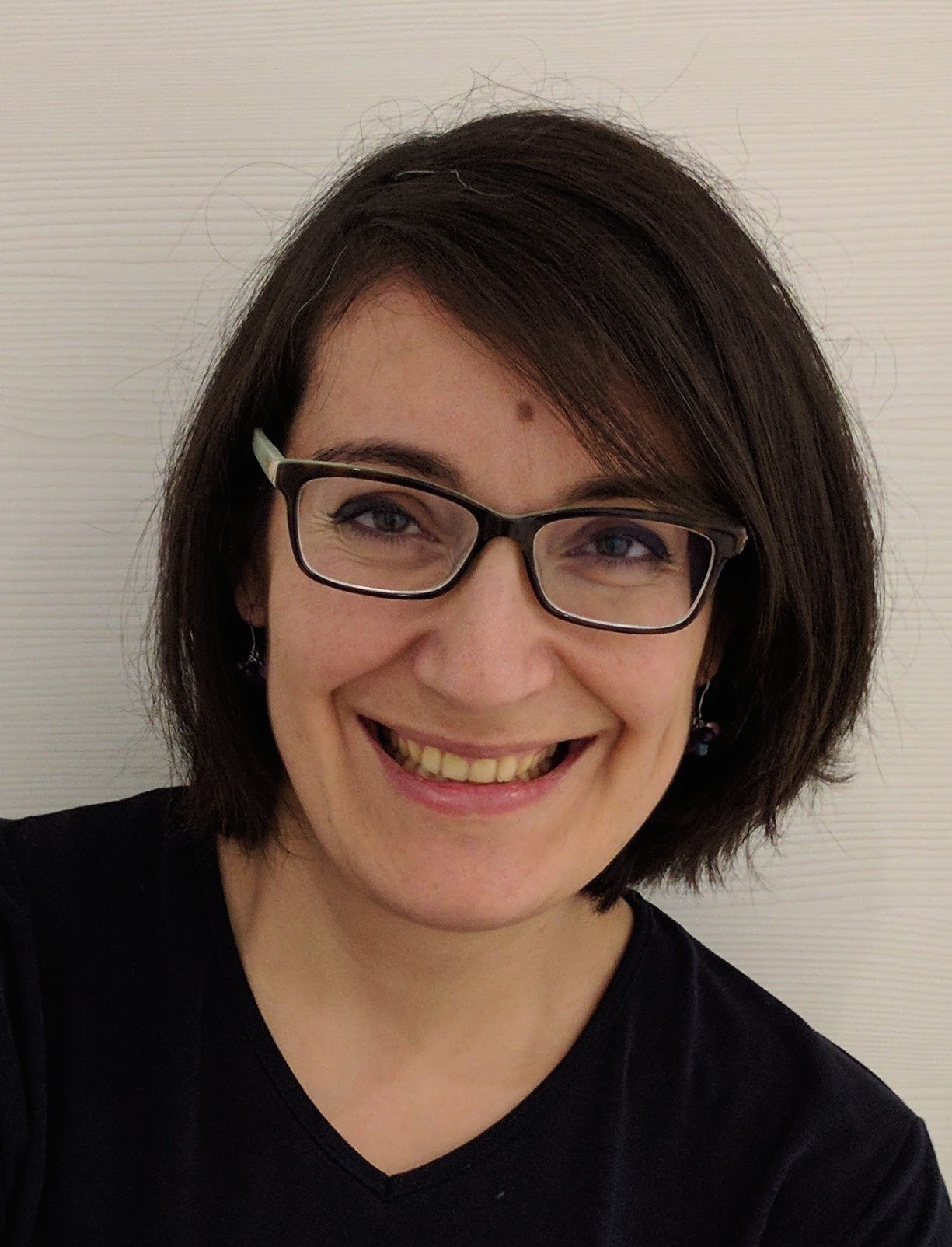
Meet Dr Digna Couso, lead researcher and lecturer in the Faculty of Education at CRECIM and WP leader for Evaluation in the ORION project. Digna is doing research on students' stance and gender issues on the STEM (Science, Technology, Engineering and Mathematics), and also on students and people's learning of scientific concepts in different formal and informal science education and communication initiatives. She is also the director of the Research Centre in Science Education in Catalonia, the CRECIM.
Firstly, tell us a bit about CRECIM
CRECIM (Centra de Recerca per a l'Educació Cientifica i Matemàtica) is a research centre of the Universitat Autònoma de Barcelona, one of the major public universities in Spain. Created in 2002, the centre involves researchers specialising in teaching science, mathematics and technology, as well as researchers in training and technical support for research. It also collaborates with in-service science teachers from different schools in Catalonia, as well as other external researchers linked to UAB.
What comes to mind when you talk about Open Science?
An enormous opportunity to make science, particularly the bio sector, more inclusive and participatory both within and outside the scientific field. Historically science has been, as any other cultural activity, the product of their time. As such, science is progressing from being the business of only a few people (those considered extremely talented, able to access an education, mostly western white men) to a quite democratic enterprise in terms of participants. But there is still room for improvement: opening to professional scientists in poor countries, opening to amateur scientists, opening to lay people... This will not only made scientific activity more democratic in terms of transparency, ethics and accountability, but stronger by giving less room to unfounded attacks to science and making it possible to include different talented views from other agents outside the scientific field. Of course this is not easy to be done and we cannot be naive about how to do it, but the path towards becoming more open it is very interesting and powerful.
What is the motivation behind CRECIM getting involved in the ORION Open Science project?
We have been working in different projects and courses on science communication, but for us it was a real challenge to evaluate how much does people, both scientists and non-scientists, get (perceive, become aware, learn or transform) when participating in Open Science trainings and experiments. We are using evaluative research methodologies from social sciences applied to the ORION project, by using large scale surveys, medium scale questionnaires and observation protocols and small-scale interviews and focus groups.
What do you hope to achieve through the project and what is the greatest challenge for ORION?
We speak about a change in culture, knowing that it will be a small but hopefully very significant step towards recognition of the importance of Open Science in the Research and Funding Science centre’s participating at ORION. The challenge of producing and capturing / measuring such change is enormous, because we are working with highly competitive, very basic research centres where the culture is that of impact publishing and strong individual recognition.
However, we hope to give researchers, managers and funders the opportunity to explore new scenarios and participate in new activities (for example, within an open debate with social agents or a citizen science project) that will help them see the feasibility and potential of opening a little bit their research to the society. And we will be comparing their initial positioning and knowledge on Open Science with that after 4 years of ORION project.
What do you personally find the most interesting and exciting about the ORION project?
In terms of being a social researcher, the amount of well designed, piloted and used tools for capturing people’s views on Open Science that could be used by other projects in other research centres. In terms of Open Science, the possibility to work with a very passionate team of people, led by the CRG coordinators, that will show that Open Science can be done in competitive, high quality research centres.
In one year, when the project is coming to an end, what is your dream scenario for ORION?
Many other projects doing similar efforts to change the culture of different agents, mostly researchers and funders, but also society, regarding Open Science, in different areas.